We live in the so-called “Information “Age”—when nearly every fact, figure, or opinion is just a click away. Search engines answer questions in seconds, and AI tools can summarize textbooks in minutes. Yet, despite this digital abundance, the difference between information, knowledge, and wisdom has never been more crucial—or more misunderstood.
The Click Illusion
“Knowing information doesn’t mean acquiring knowledge. And knowledge without wisdom is like having tools without knowing how or when to use them.”
In today’s hyper-connected world, many confuse access to information with understanding. A quick Google search or an AI-generated answer might feel like knowledge, but it’s often shallow, decontextualized, and detached from lived experience.
Why Wisdom Can’t Be Googled
True wisdom is earned. It emerges slowly, often painfully, through lived experiences, failures, and reflection. It involves context, nuance, and the ability to make sound judgments—things that no amount of raw data or AI summaries can replace.
- Information is data—disconnected facts.
- Knowledge is understanding—when those facts are connected and made sense of.
- Wisdom is application—when that knowledge is used with judgment, timing, and empathy.
Immanuel Kant explained the process of acquiring real knowledge with precision:
“Percepts without concepts are blind; concepts without percepts are empty.”
In simple terms, experience without understanding leads nowhere, and understanding without experience is hollow.
The Wisdom of Not Knowing
Lao Tzu, the ancient Chinese philosopher, captured the essence of true learning:
“Not knowing is true knowledge. Presuming to know is a disease.” — Tao Te Ching
In other words, the moment we assume we know, we block the path to deeper learning. Accepting “not knowing” is the key to real growth. It opens the mind to curiosity, humility, and lifelong learning. In contrast, the overuse of AI and the internet for instant answers can reinforce superficial understanding and sometimes even arrogance.
The Dangers of Superficial Knowing
The rampant use of AI and the internet for “quick answers” has led to:
- Loss of depth in learning—memorization without true understanding
- Overconfidence in half-truths—a false sense of expertise
- Dependency on automation—weakening critical thinking and original thought
- Neglect of experience—forgetting that some things can only be learned by doing
Conceptual Understanding is Key
Whether you’re a student, a doctor, a writer, or a decision-maker, real understanding means going beyond the surface. It means asking “why,” grappling with uncertainty, challenging assumptions, and being okay with not knowing.
How to Move from Information to Wisdom
1. Slow down the learning process. Don’t just consume—reflect.
2. Seek experiences, not just answers. Learn by doing, failing, and questioning.
3. Use AI and internet tools as companions, not crutches.
4. Respect the unknown. Humility is the foundation of wisdom.
5. Learn from the wise. Elders, mentors, and hands-on practitioners carry insights no algorithm can replicate.
Conclusion
In an age of instant answers, true learners are those who embrace the long road—the one paved with curiosity, experience, and reflection. Let’s not mistake speed for depth or data for truth. Because ultimately, wisdom is not downloaded—it is lived.
As Lao Tzu reminds us, accepting not knowing is not a weakness—it is the beginning of true knowledge.
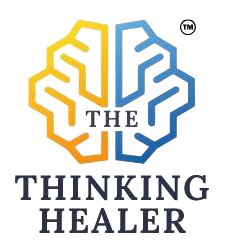
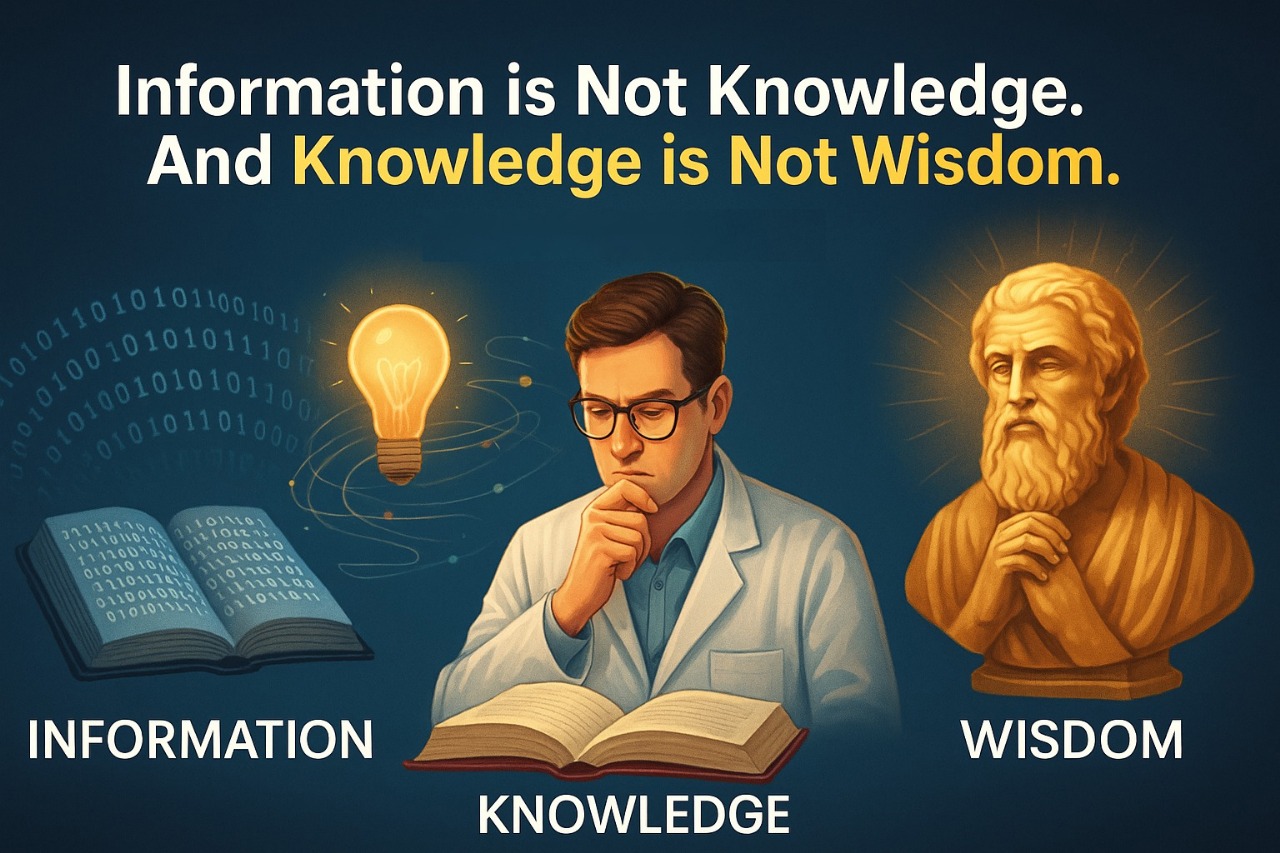
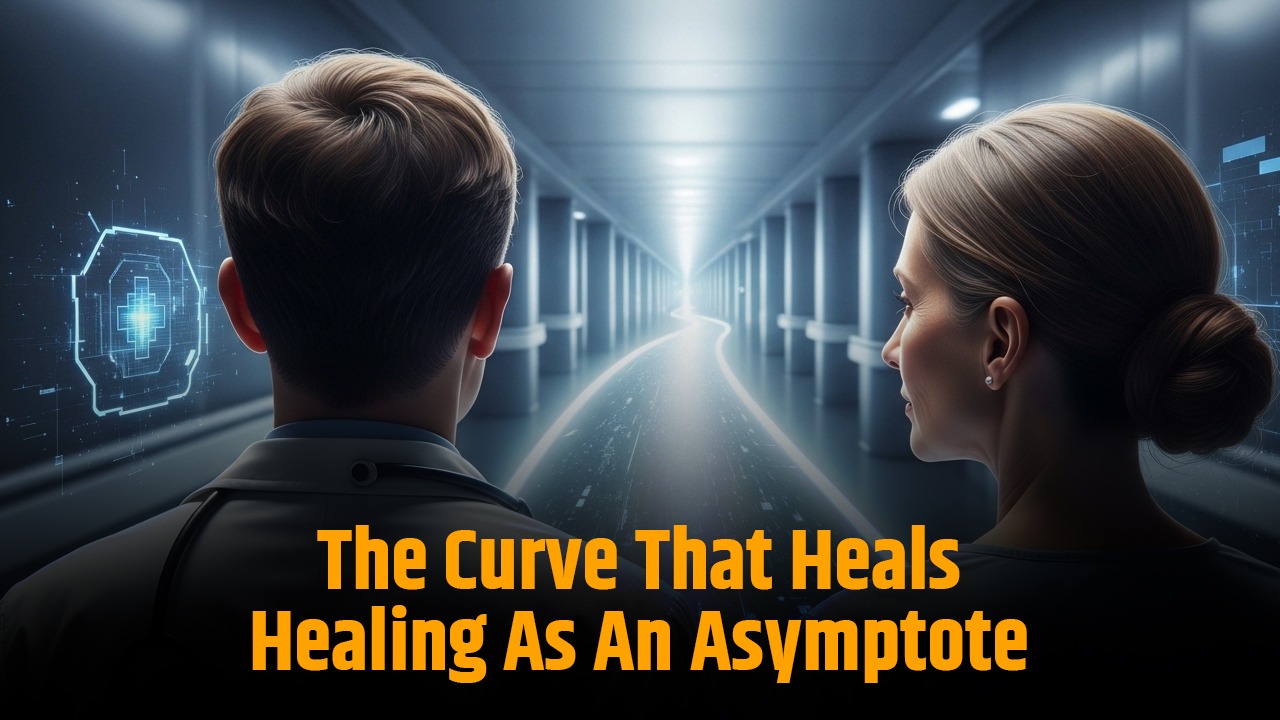

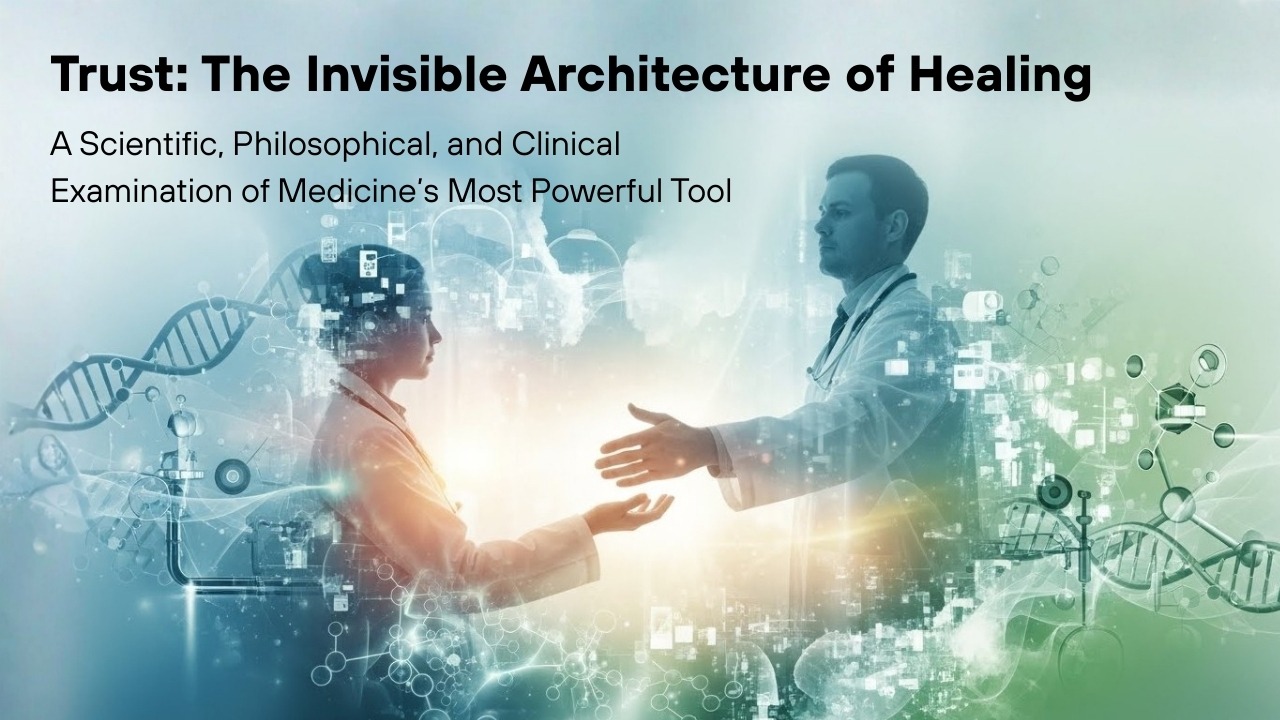
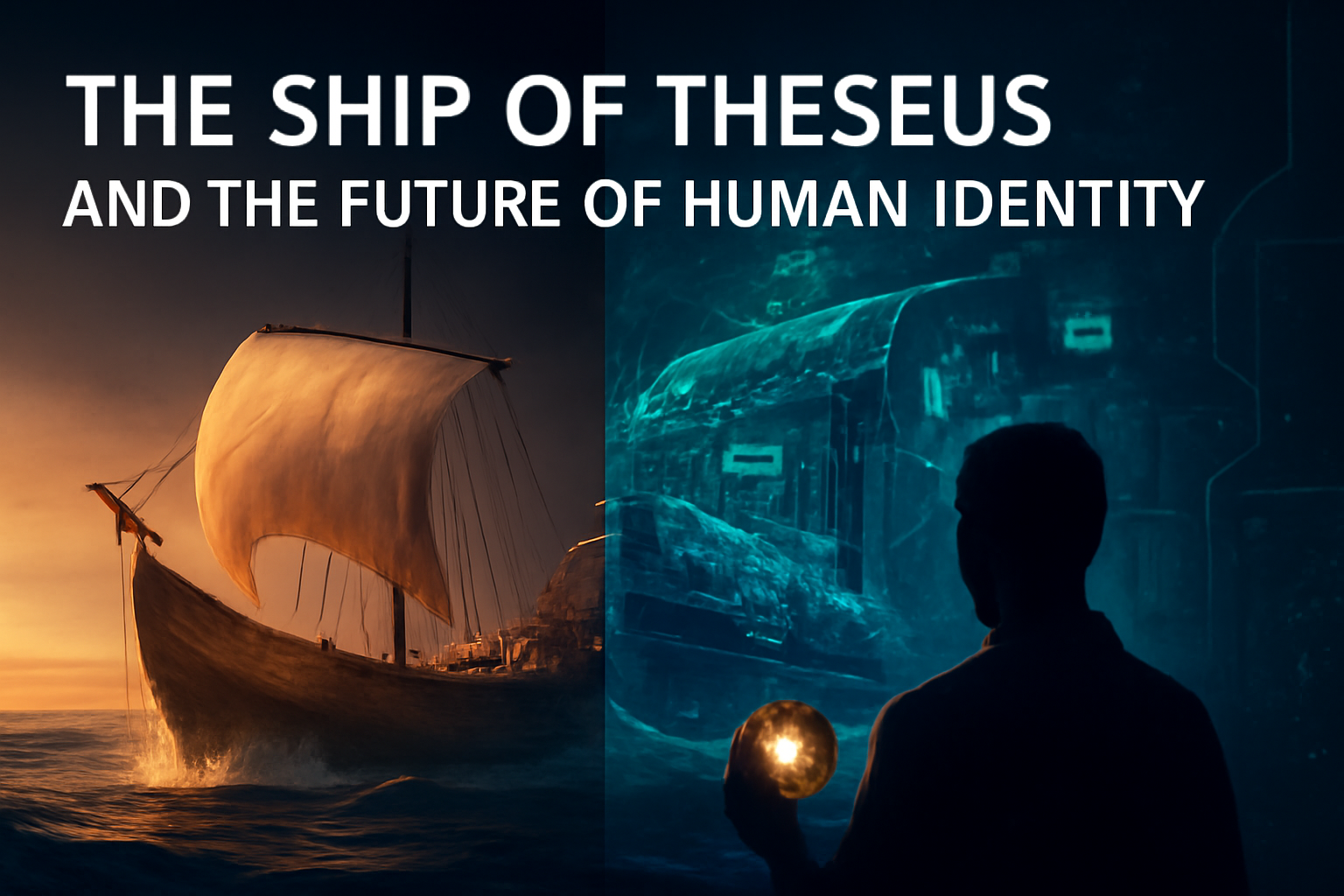
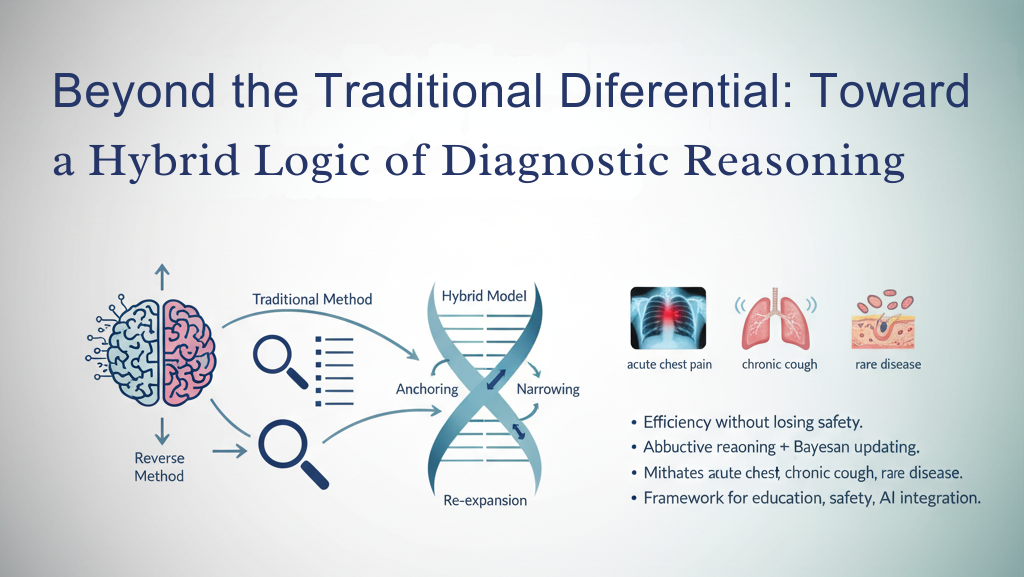
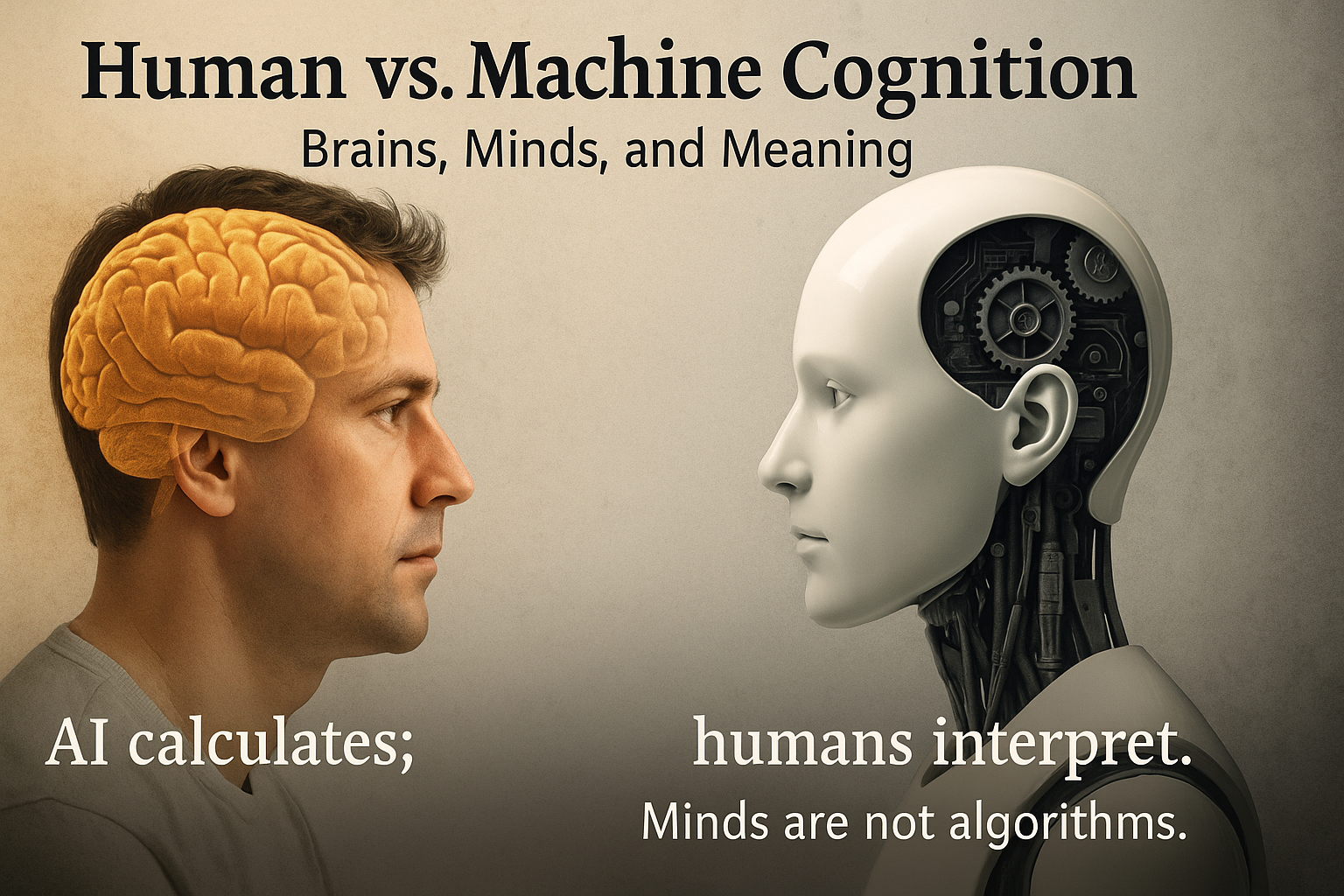
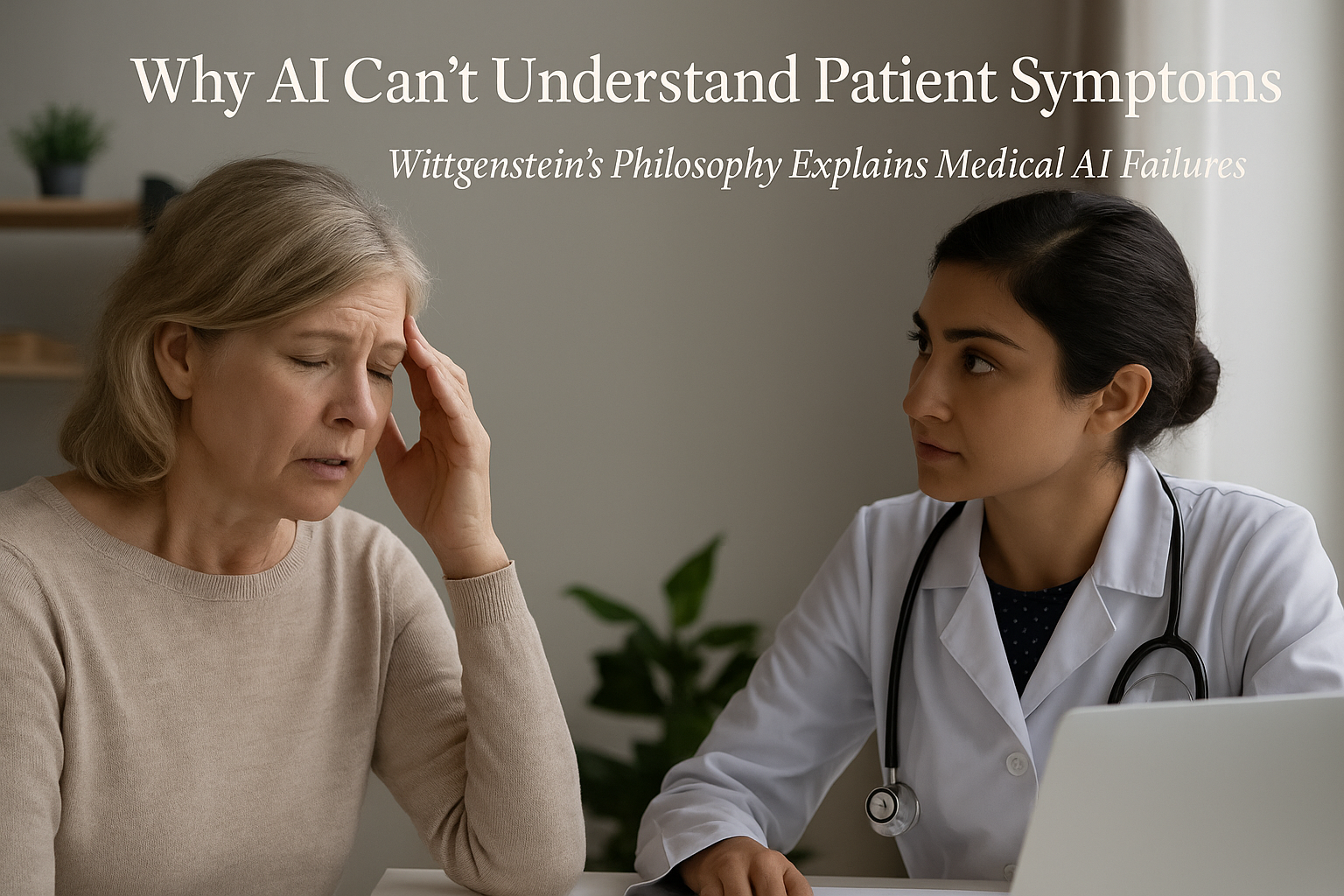
Leave a Reply